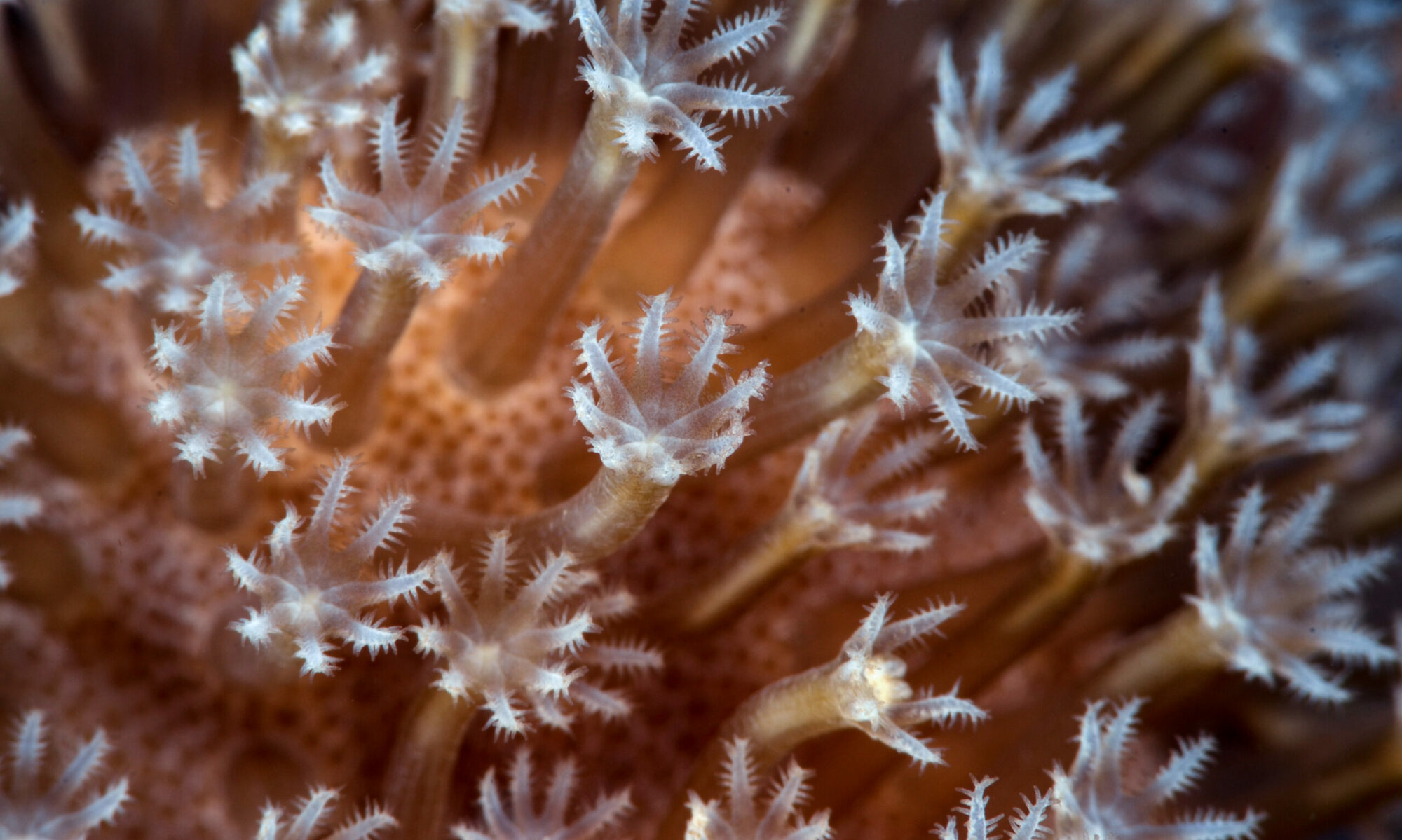Research
Research Thrusts
The reliance of humans on reef ecosystems that are at risk of collapse requires understanding the mechanisms of reef resilience. GECCO addresses fundamental questions of how the response of coral-reef organisms to disturbance is regulated, how resilience is affected by local and regional demography, and how reef communities change over time. Tracking and understanding responses of reef-building organisms to disturbances allows predicting both the taxonomic composition and ecosystem services that reefs may provide in coming decades, and to develop mitigation solutions to address the loss of ecological functions and stability
GECCO employs an integrative framework for investigating reef ecosystem resilience with a multidisciplinary team with expertise in genomics, ecology, oceanography, and mathematical modeling. Guam and the broader region host a diverse biota that provides coastal protection, economic stability in a tourism-based economy, and ensures food security in the region by supporting local fisheries. The economic value of Guam’s reefs is mostly derived from tourism-related activities, the largest industry on island that generates roughly 12% of Guam’s total GDP and provides one-third of non-federal jobs.
Climate change is predicted to have severe impacts on coral reefs and will have lasting effects on the ecosystem services provided by these reefs. In particular, globally increasing sea surface temperatures cause coral bleaching (the break-down of the association between corals and their photosynthetic endosymbionts) that is predicted to occur annually by 2050, likely leading to wide-spread and persistent reef declines.
In Guam, reefs have suffered unprecedented bleaching events in four of the past six years, leading to a loss of coral cover and likely declines in reef-associated taxa. In addition, coastal development exerts additional pressure on near-shore reef ecosystems. For example, poor land management practices have led to increasing coastal run-off, exerting additional pressures on coral reef ecosystems locally and regionally.
Program Structure
GECCO’s research agenda is carried out by two teams with complementary expertise and goals to examine the drivers of reef resilience in a changing climate.
- The Reef Genomes research team will investigate the environmental drivers of genetic connectivity and diversity of reef taxa.
- The Reef Phenomes research team will use common-garden experiments to determine phenotypic responses of corals to environmental change, with the goal of developing a compartmental model of coral population dynamics to predict coral reef resilience and change.


